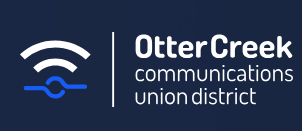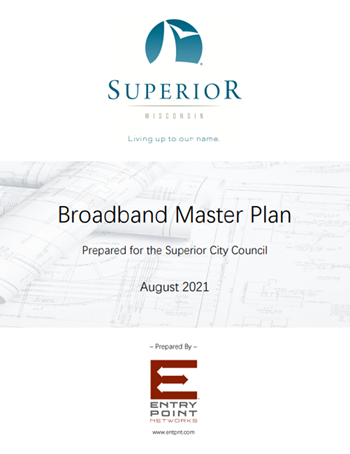Vermont’s Otter Creek CUD Finishes Fiber Expansion, Focuses On Customer Service
Vermont’s Otter Creek Communications Utility District (CUD) says it has completed its ambitious fiber deployment, bringing affordable access to more than 6,000 homes and businesses in the Rutland County region of the Green Mountain State.
Otter Creek is another example of the way Vermont’s long under-served communities are bonding together via innovative new partnerships taking direct aim at the digital divide.
When last we had checked in on Otter Creek CUD, the CUD had just received a $9.9 million grant by the Vermont Community Broadband Board (VCBB). Otter Creek CUD then leveraged that grant funding to form a public-private partnership with Consolidated Communications.

Otter Creek CUD Chair Laura Black tells ILSR that the partnership involved 335 miles of new fiber passing *6,000 locations. Of the total target reach, 1290 locations had never had broadband access previously. Between the Otter Creek grant awards and contributions from private providers, more than $24 million has been invested in Rutland County to expand fiber access.
“We partnered with the existing ILEC business in most of our area, Consolidated Communications, to build and operate the fiber network with both their own contribution and grant funding we were able to secure,” Black said. “As well, a portion of our area was peeled off to allow the ILEC in three of the towns in our District to be served by the existing small ILEC business – Shoreham Telephone – under their own grant funding program (EACAM).”




